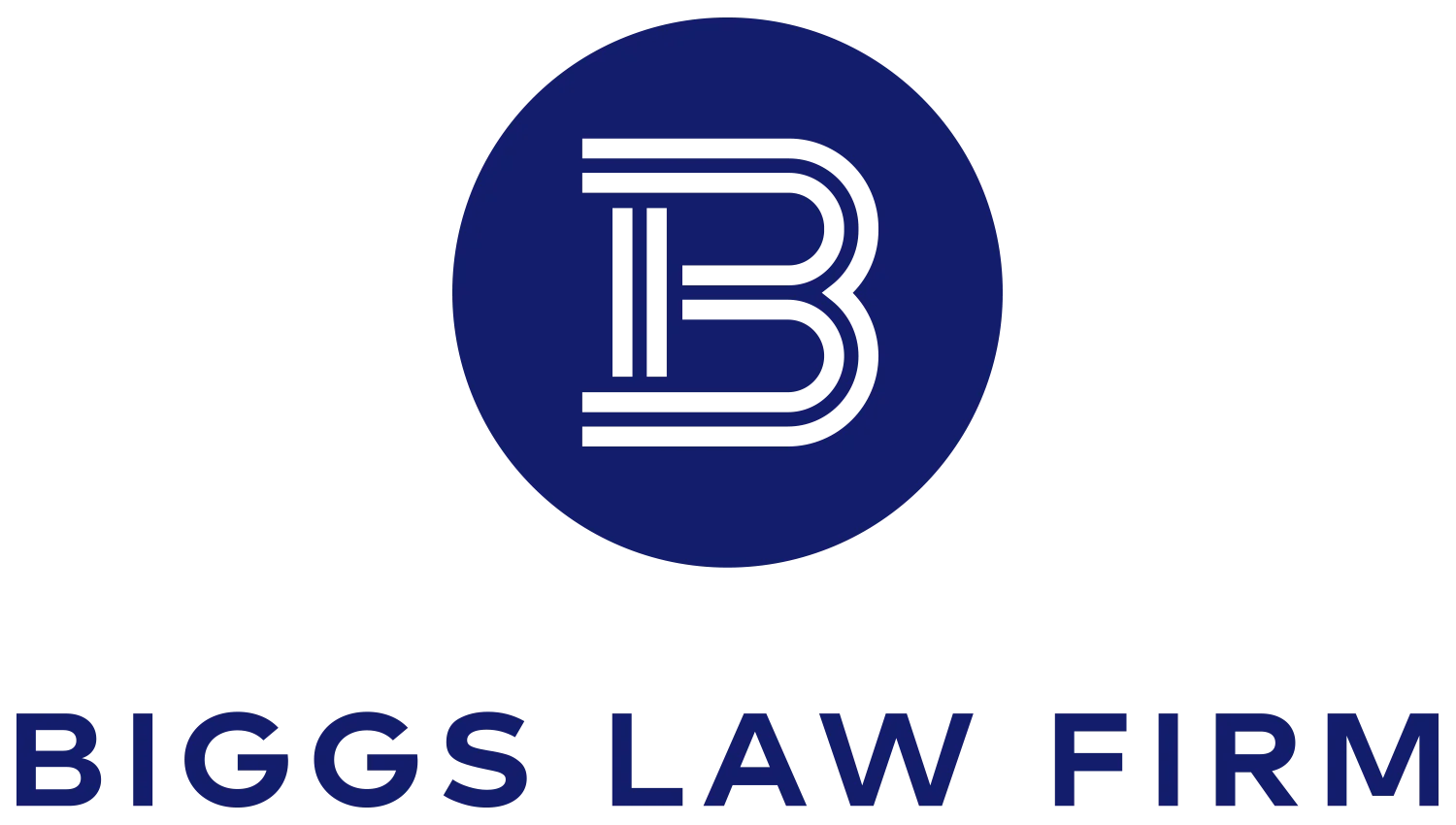What Is a Chapter 12 Bankruptcy?
Most everyone has heard of Chapter 7, 11, and 13 bankruptcy. However, there are lesser-known chapters of the bankruptcy code, including Chapter 12 bankruptcy, that you might not be as familiar with that is appropriate for a unique class of debtors – family farmers and fishermen. Continue reading, and we’ll discuss more regarding what a Chapter 12 bankruptcy is, including how it can help you and who qualifies to file for it.
Who Qualifies for This Chapter of Bankruptcy?
In order to qualify for Chapter 12, family fishermen and farmers must receive regular income from farming or fishing. At least 50% of a farming operation’s debts would need to be related to farming, while a fishing operation needs at least 80% of its debts related to fishing operations to be eligible to pursue this bankruptcy number.
While the guidelines for filing this type of bankruptcy envision a corporate farming operation, the American Bankruptcy Institute contends that this type of bankruptcy is most commonly filed by individuals as opposed to corporate entities. The non-profit organization further elaborates and says that filers’ agricultural operations sometimes may only be tangentially related to typical agricultural activities.
Those who partner with or are in another type of corporate arrangement with family fisheries and farms may be eligible to file for Chapter 12 bankruptcy as well.
The Chapter 12 Bankruptcy Filing Process
Unlike other consumers who file for bankruptcy, Chapter 12 filers do not have to pass a means test to qualify to pursue this option. Since this type is similar to a Chapter 11 or 13 “reorganization” or bankruptcy, the filer would generally include a listing of their income, assets, and debts when filing their petition. This filing also stops (stays) any adverse action, like collections and foreclosures.
Also, that bankruptcy petition may be accompanied by a proposed repayment plan if you’ve already identified the following:
- Low-priority, unsecured debts that you can agree to pay as finances permit
- Secured debts that you’re struggling to pay that you want to renegotiate the terms of
A meeting with your creditors will be scheduled with the trustee in your local U.S. Bankruptcy Court within a matter of weeks, where all parties can discuss the plan. The Bankruptcy Court will subsequently approve the plan during a future hearing. Once approved, you’ll need to start making timely payments, as outlined in your three to five-year repayment plan. You make those to the trustee, who disburses them to your creditors.
At the end of your repayment plan, many of the unsecured debts left over will be discharged by the bankruptcy court. However, it would be necessary for you to continue paying creditors for some secured assets, like a mortgage, as per the agreed-to terms, which may exceed the payoff window for other, lower-cost debts.
It’s worth noting that as an added bonus, Chapter 12 filers are afforded the ability to carry more debt than those filing for Chapter 13 bankruptcy. However, this is only the case if at least 50% of the bankruptcy filer’s debts are directly associated with their farming operation, not including assets like personal residences. That number jumps to 80% for fishers. Allowable Chapter 12 bankruptcy debt caps are between $3.3 and $10 million per the Farmer Relief Act of 2019.
How Chapter 12 Bankruptcies Help Family Agricultural and Fishing Operations
It can be hard focusing on much else, like tending to your livestock or crops or growing your small commercial fishing business when it’s not doing as well as you expected because there’s been a decreased demand for what you offer or due to a downturn in the market. This can put you and your family in an uncomfortable predicament whereby you’re at risk of losing your home, car, heavy equipment needed to work your land, and other valuable assets.
The good news is that Chapter 12 bankruptcy can help farmers, so owners of hobby or small-scale farms or fisheries like yours bring their debts, like their mortgage, current while also continuing to operate their family enterprise. This debt relief option may also allow you to renegotiate your interest rate, the terms of your loan, and more, giving you a chance to get back on your feet financially without feeling beaten down by repeated bills coming due without the means to pay them right now.
Help in Determining if Chapter 12 Bankruptcy Is Right for You
While there are only a handful of bankruptcy numbers, understanding the pros and cons of each can be overwhelming for most. Our bankruptcy attorneys at Biggs Law Firm have the necessary expertise to answer any questions you might have about what a Chapter 12 bankruptcy is so that you can make an informed decision about whether it’s the best option for you. Contact us for a consultation with our North Carolina lawyers today.
Start The Process Today
Schedule your consultation with one of our experienced attorneys.
